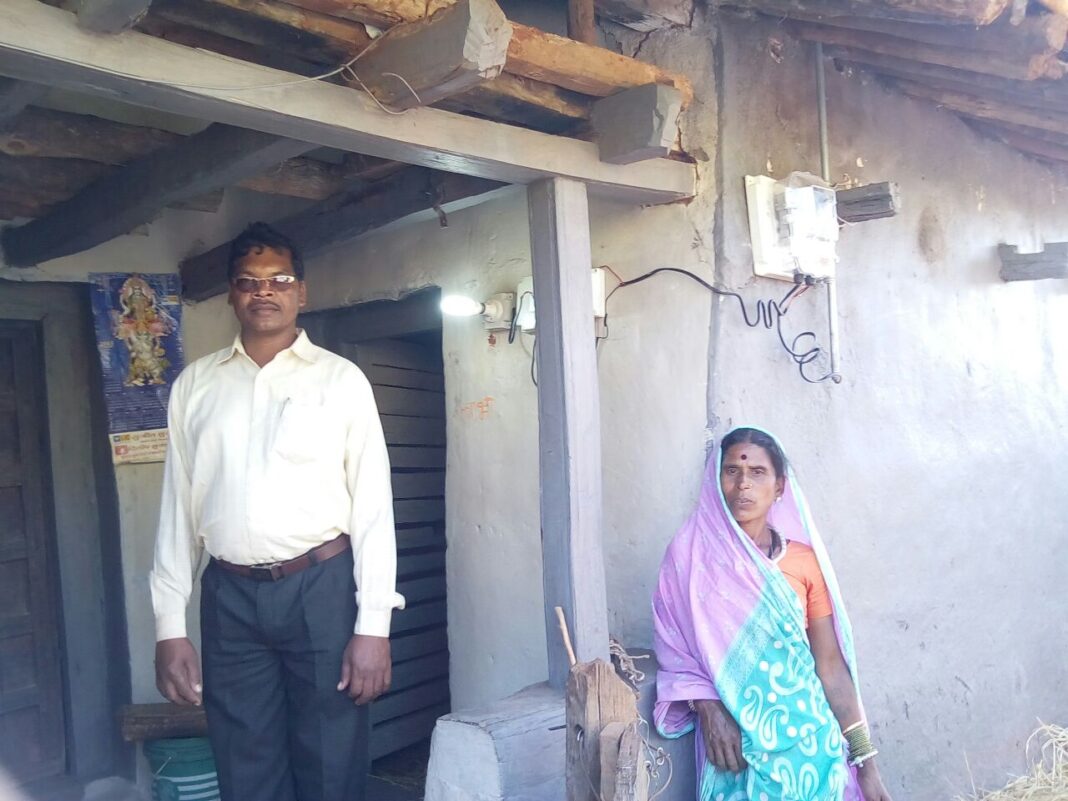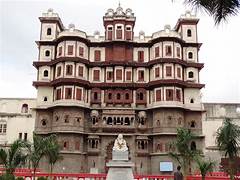CM Majra Tola Electrification Scheme Brings Light to 1,280 Families in Remote Forest Areas
Published on: May 20, 2025
By: BTI
Location: Mohla, India
In a significant milestone for rural development in Chhattisgarh, the state government has successfully electrified 100 remote and Naxal-affected habitations under the Mukhyamantri Majra Tola Vidyutikaran Yojana, allocating a total of ₹7.33 crore for the initiative. This project has brought electricity to 1,280 families residing in deeply forested, previously inaccessible areas of the Mohla-Manpur-Ambagarh Chowki district.
Until recently, these communities lived in complete darkness, relying on oil lanterns and firewood for light. With the creation of the new district, authorities acted swiftly, designing and approving detailed project plans and floating tenders. Within just a year, the execution of the electrification work was completed, transforming lives in these once-neglected areas.
Also read- https://www.btnewsindia.com/तिरंगा-यात्रा-में-खापरखे/ https://www.btnewsindia.com/डिप्टी-सीएम-विजय-शर्मा-ने/
Key villages that now benefit from this development include Hurli, Kunjkanhar, Markatola, Rengatola, Alkanhar, Lamti, Mundeli, Amapayli, Bhursa, Chhuriya, Kotri, Adma, Maldongari, Chilhti, and more—spanning deep forest zones and challenging terrain.
Executive Director of the Rajnandgaon electricity division, Mr. Shirish Selat, explained that the dense forest cover made it necessary to secure No Objection Certificates (NOCs) from the Forest Department before laying 11 kV lines. The project involved laying 65 kilometers of high-tension line, installing 275 low-tension poles, and setting up 60 transformers of 25 kVA capacity.
So far, 1,125 families have been given new connections, while work continues to cover the remaining households. The success of the project was made possible through the coordinated efforts of the district administration, forest and police departments, and the power distribution agency working under tough and risky conditions.
This electrification drive is a landmark achievement in the state’s efforts to integrate marginalized communities, improve security in insurgency-prone areas, and boost the quality of life through basic infrastructure.




